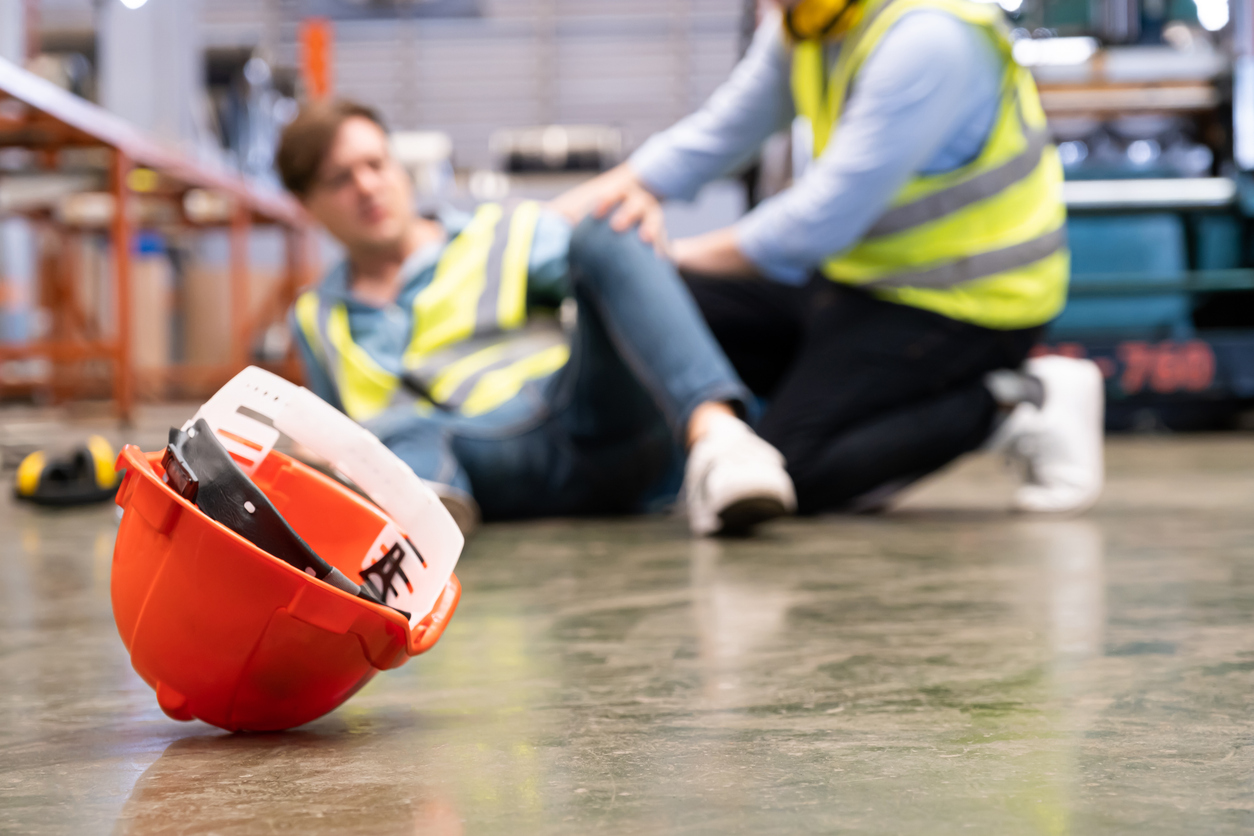Injuries have been the leading cause of death in Texas for individuals aged between 1 and 44 since 2001. Not all injuries fall under the personal injury category, at least not going by its tort law definition.
Injuries that fall under this definition result from the negligent actions of another person, in which case the victim has a right to compensation by the at-fault party or their insurer. This guide looks into common accidents that result in personal injury claims.
Fall Accidents
Falls are the most common type of accident, but only a small fraction of these accidents result in injuries warranting filing a personal injury claim. Falls can occur in any setting, including footpaths, public spaces, private residences, and business premises.
In most cases, slip and fall cases are brought against establishments such as grocery stores and restaurants when an invitee falls and suffers harm. You can also file a claim against a governmental institution, but only under rare circumstances, such as if you suffer an accident in a government office and the office is found negligent.
Car Accidents
Car accidents, while not the most prevalent cause of personal injuries, are the leading cause of unintentional death in Texas. Texas is a state that is at fault regarding car accidents, meaning the driver at fault has to compensate for the harm suffered.
The at-fault party doesn’t have to be the driver in all accidents. Sometimes, liability could be on their employer if they were an employee and on the clock at the time of the accident or a faulty part manufacturer if the accident results from a faulty or defective part. It can also fall on the governmental entity responsible for road maintenance or the contractor.
Workplace Accidents
Injuries can result from accidents at work, including in workplaces that do not seem to carry huge risks, such as offices. For example, a water spill in an office hallway can result in an employee falling and suffering harm. While the accident can fit the classification of a slip and fall accident, it is handled as a workplace accident because workplace accidents have a relatively different approach.
Most employers have worker compensation insurance coverage, which can be private or government-run. This coverage takes liability from the employer and compensates the victims on a no-fault basis. This means the employee has a right to compensation even when they may be at fault.
Medical Malpractice
While doctors exercise the highest level of care when treating patients, unintentional errors occur. If the errors result from negligence, the doctor or medical professional carries liability.
Errors that result in a medical malpractice claim include misdiagnosis, late diagnosis, incorrect treatment, prescription errors, birth injuries, and failure to treat, among others.
Defective Product Accidents
Defective product lawsuits arise when a product causes harm to consumers. Defective product claims follow strict liability, unlike the other types of claims mentioned here. Under strict liability, the claimant doesn’t have to prove negligence; they only need to show that the product defect caused them harm, irrespective of the care taken by the defendant to prevent harm.
“There is no legal requirement to engage a lawyer when navigating a personal injury claim. But having one increases your chances of recovering fair compensation by a huge margin,” says Texas personal injury lawyer Felix Gonzalez of the Felix Gonzalez Accident and Injury Law Firm. Most lawyers will have an area of specialization or an area they are good at, so when picking one, look at their record and ensure you only go with one that presents the best chance of a fair compensation based on your assessment.









